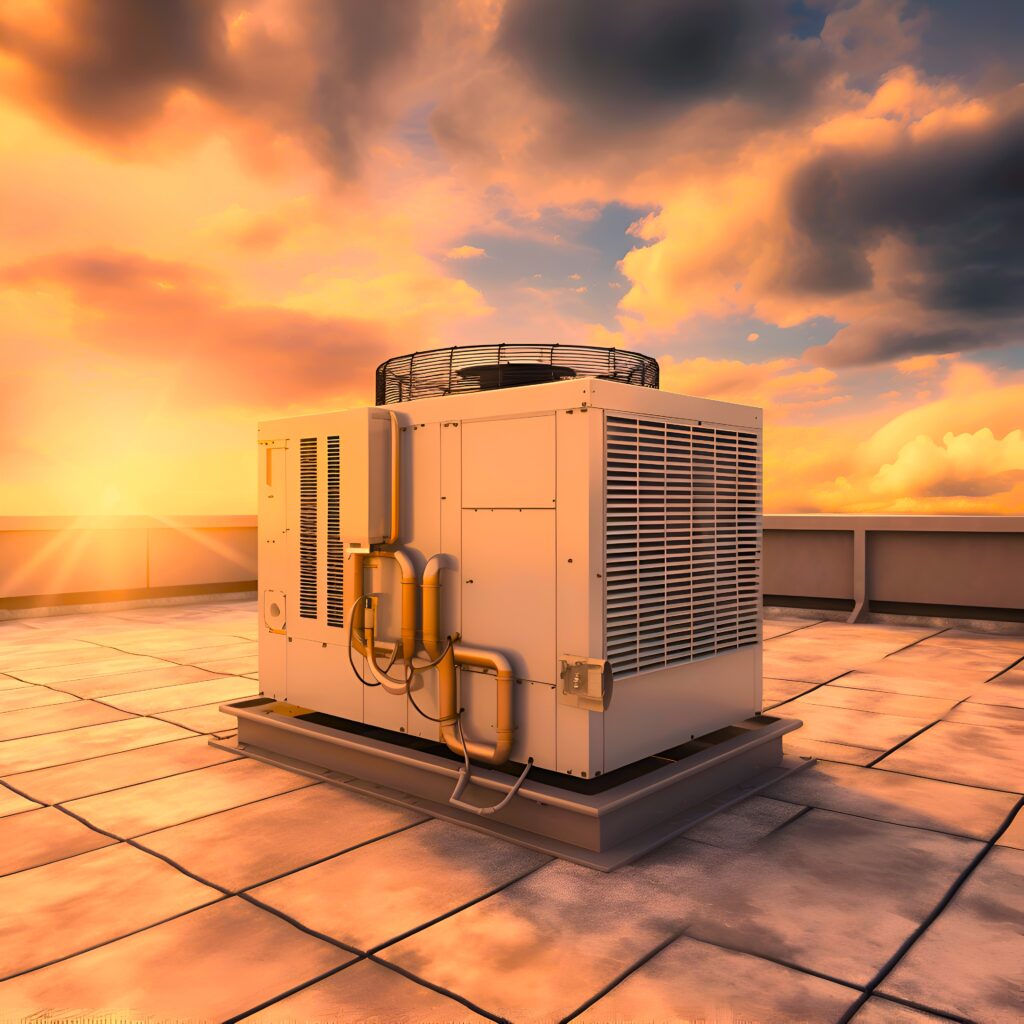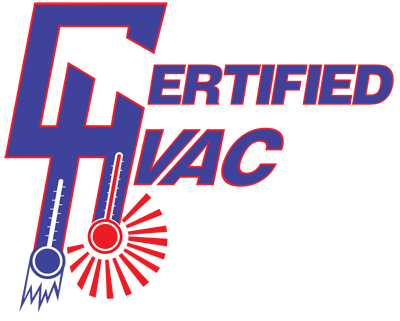
Beat the Heat: Common Commercial HVAC Repairs During Summer Months
As temperatures rise and the sun beats down, commercial HVAC systems become the unsung heroes of businesses everywhere, tirelessly working to maintain comfortable indoor environments. However, the sweltering heat can put immense strain on these systems, leading to various issues and the need for repairs.
Let’s delve into the most common commercial HVAC repairs during the summer months and explore how businesses can mitigate them.
- Refrigerant Leaks: One of the primary issues faced by commercial HVAC systems during summer is refrigerant leaks. As the system operates continuously to cool indoor spaces, it’s susceptible to wear and tear, leading to leaks in refrigerant lines. Low refrigerant levels not only hamper cooling efficiency but can also cause the system to overheat, leading to more significant problems.
- Clogged Air Filters: With increased usage during the summer, commercial HVAC systems often encounter clogged air filters. Dust, pollen, and other airborne particles accumulate over time, obstructing airflow and reducing system efficiency. Clogged filters force the system to work harder, resulting in higher energy consumption and potential breakdowns.
- Electrical Issues: The summer heat places additional strain on the electrical components of HVAC systems. Over time, electrical connections may loosen or corrode, capacitors may fail, and motors may overheat. These issues can lead to system malfunctions, intermittent operation, or complete breakdowns, disrupting business operations and causing discomfort for occupants.
- Dirty Coils: The evaporator and condenser coils play a crucial role in the heat exchange process of HVAC systems. However, they are prone to accumulating dirt, debris, and grime, particularly during summer when outdoor air is laden with pollutants. Dirty coils diminish heat transfer efficiency, causing the system to work harder and consume more energy. Regular cleaning and maintenance are essential to prevent this common issue.
- Compressor Failures: The compressor serves as the heart of the HVAC system, responsible for circulating refrigerant and maintaining the desired temperature. However, prolonged exposure to high temperatures and excessive strain can lead to compressor failures. Common causes include refrigerant issues, electrical problems, and overheating due to inadequate airflow or dirty coils.
Mitigation Strategies: To minimize the risk of these common HVAC repairs during summer, businesses can adopt proactive measures:
- Check and Clean Outdoor Units: The outdoor condenser unit of your HVAC system works harder in the summer heat. Make sure it’s free from debris such as leaves, branches, and dirt. Regularly clean the unit to ensure optimal airflow and efficient heat exchange.
Monitor Refrigerant Levels: Refrigerant is crucial for the cooling process in your HVAC system. Check refrigerant levels regularly and look for any signs of leaks. Low refrigerant levels can indicate leaks in the system, which should be addressed promptly to prevent further damage.
Replace Air Filters Frequently: With increased usage during summer, air filters can quickly become clogged with dirt, dust, and pollen. Replace air filters more frequently during this time to maintain good indoor air quality and ensure proper airflow throughout your building.
Inspect and Clean Coils: Both the evaporator and condenser coils play vital roles in the cooling process. Inspect and clean these coils regularly to remove dirt, dust, and debris buildup. Dirty coils reduce heat transfer efficiency and can lead to increased energy consumption.
Optimize Thermostat Settings: Adjust thermostat settings to optimize energy efficiency while maintaining occupant comfort. Consider implementing setback temperatures during unoccupied hours to reduce energy usage without sacrificing comfort.
Seal Duct Leaks: Leaky ducts can waste a significant amount of cooled air and increase energy costs. Inspect ductwork for leaks and seal them promptly to improve system efficiency and airflow.
Schedule Professional Maintenance: Arrange for professional maintenance by a licensed HVAC technician before the summer season begins. Professional maintenance includes thorough cleaning, lubrication, calibration, and inspection of all system components to ensure optimal performance and reliability.
Upgrade to Energy-Efficient Equipment: Consider upgrading to energy-efficient HVAC equipment to reduce energy consumption and lower operating costs. High-efficiency units can provide significant savings on energy bills over time while also reducing your carbon footprint.
Implement Zoning Systems: Zoning systems allow you to control temperatures in different areas of your building independently. This can help optimize comfort levels while minimizing energy usage by only cooling areas that are occupied.
Educate Building Occupants: Educate building occupants about energy-saving practices and encourage them to report any issues or concerns promptly. Simple actions such as closing blinds during the hottest part of the day can help reduce the load on your HVAC system and lower energy costs.
As businesses gear up to combat the summer heat, ensuring the reliability and efficiency of commercial HVAC systems is paramount. By understanding the common repairs associated with summer operation and implementing proactive maintenance measures, businesses can keep their HVAC systems running smoothly, maintain indoor comfort, and avoid costly downtime. Remember, a well-maintained HVAC system is not just an expense but an investment in the productivity and well-being of employees and customers alike.
